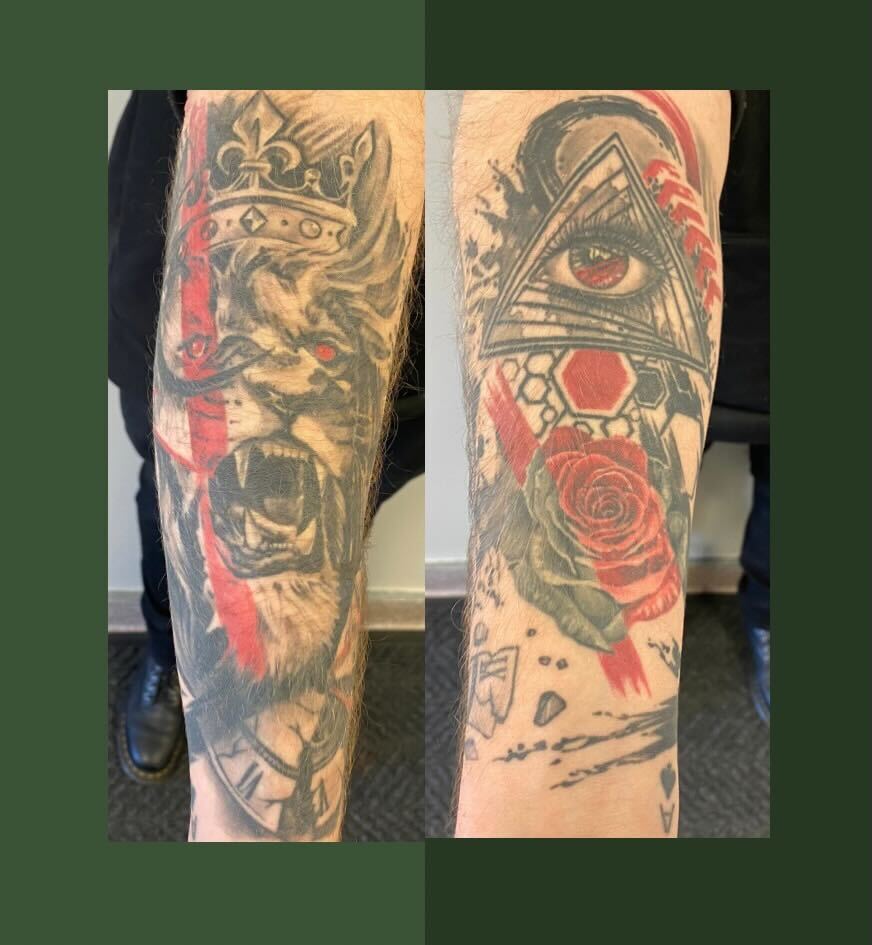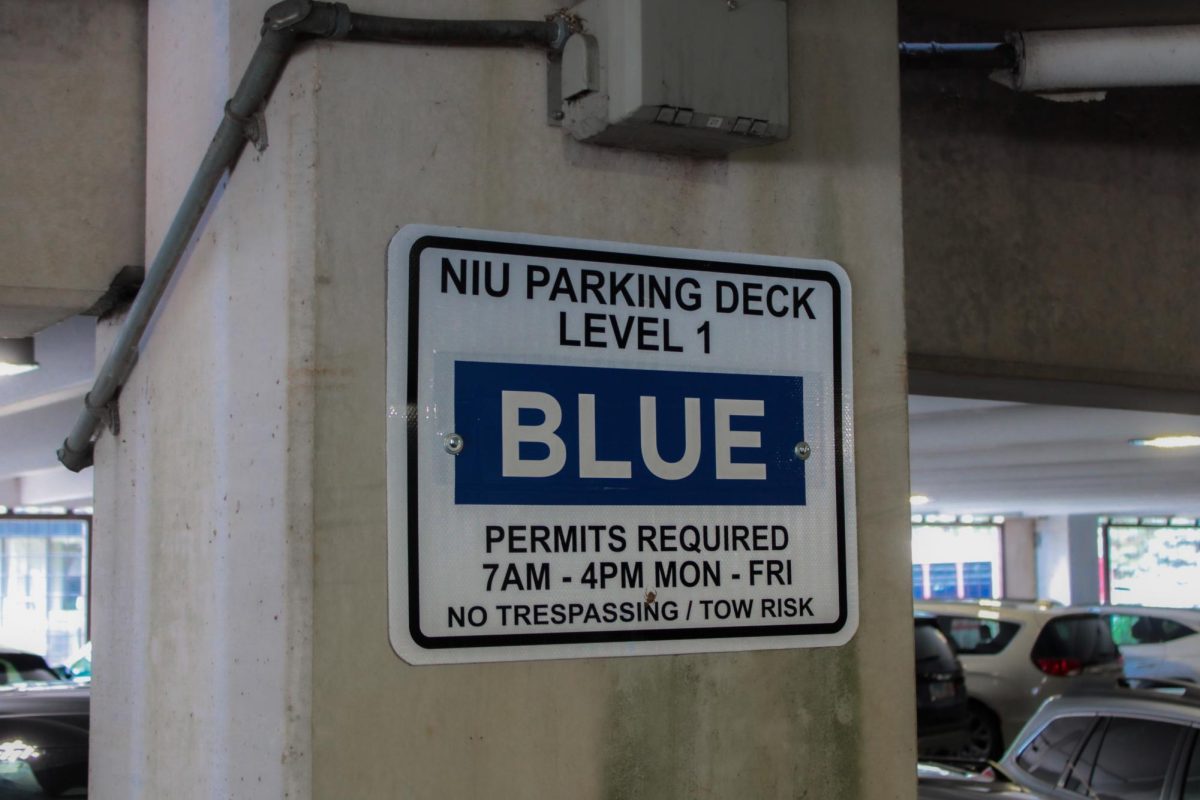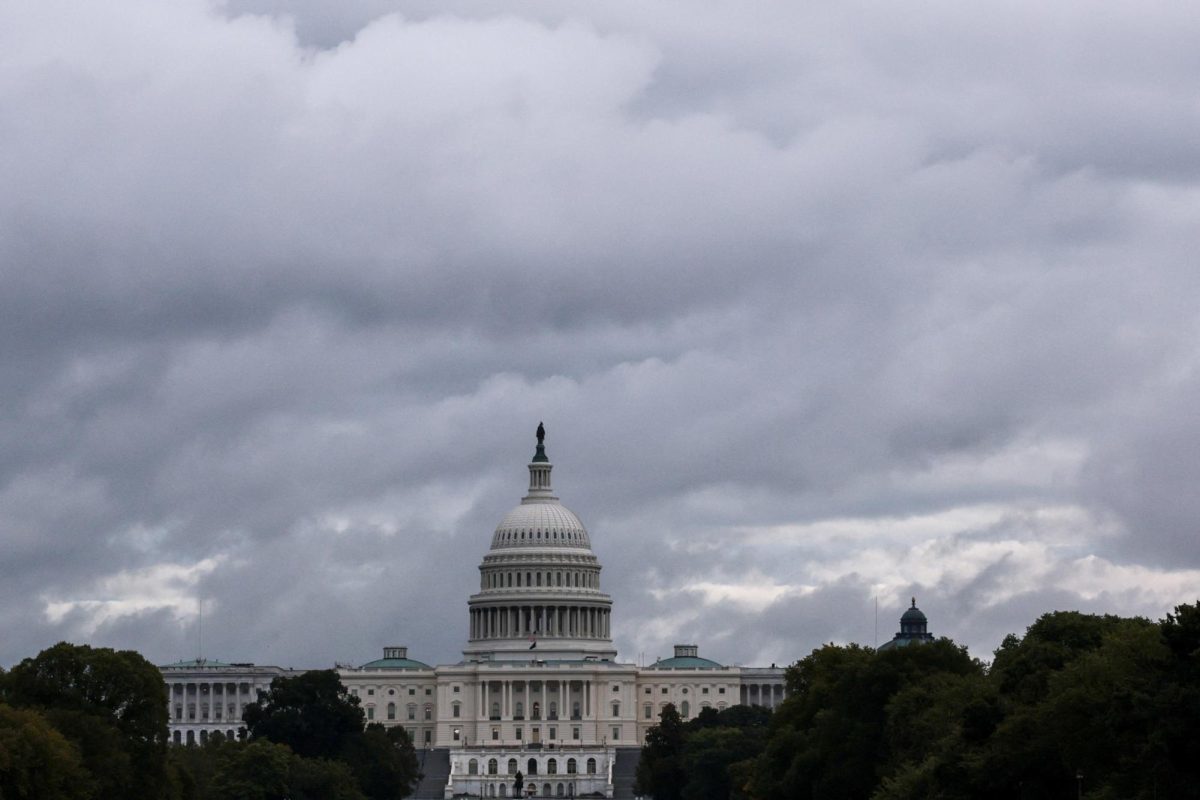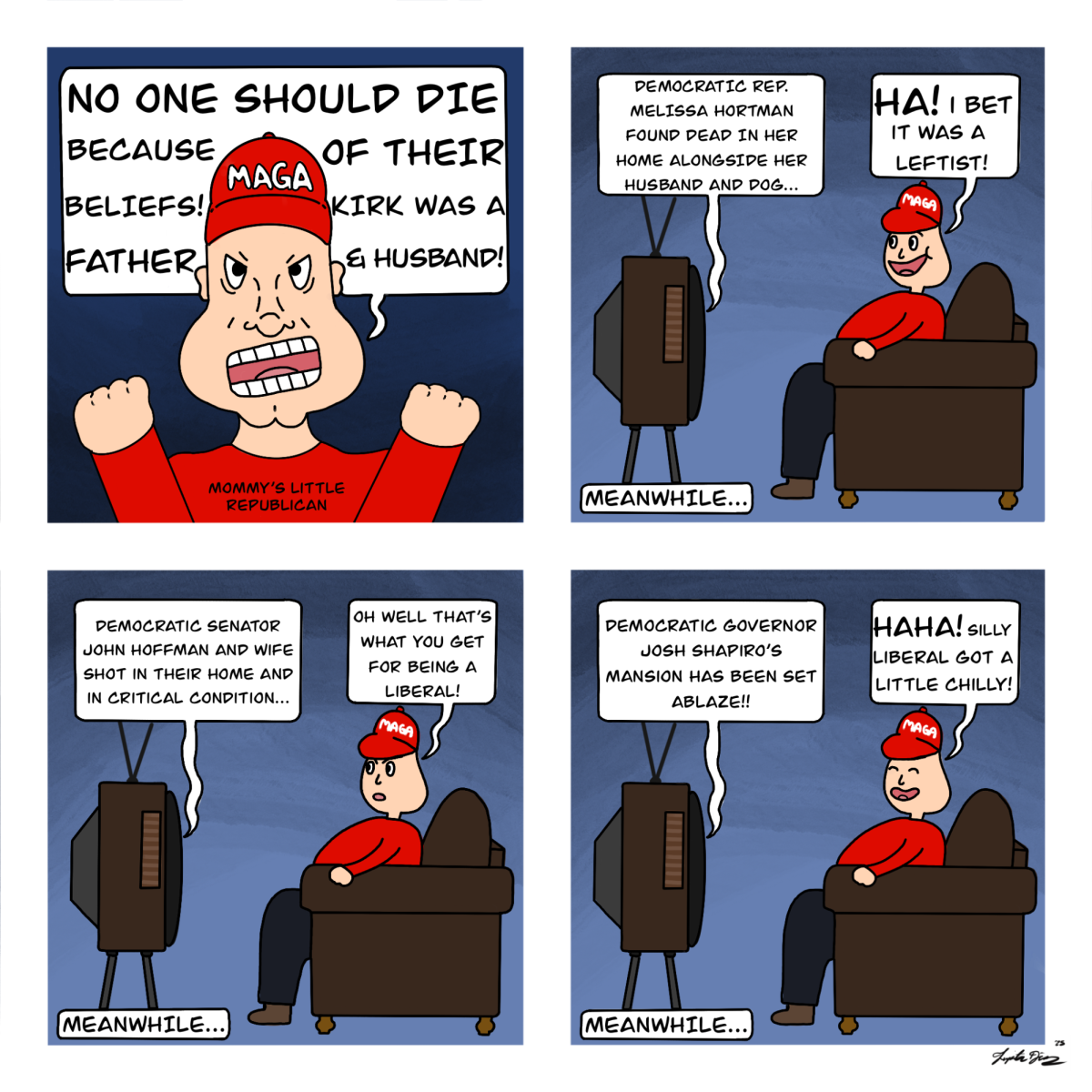Those who work should not be obligated to cover up tattoos or remove piercings, as the process restricts individuality and undermines workplace diversity. It is crucial that individuals feel like they can express themselves.
One third of the U.S. workforce has tattoos, according to the Pew Research Center. With such a large population of the workforce having tattoos, employees should be allowed to be themselves at their place of work.
The misconception that individuals with visible tattoos and piercings are unprofessional couldn’t be any further from the truth.
A lot of businesses either won’t hire people with visible tattoos and piercings or they will make employees cover their tattoos up and remove their piercings at work.
The fact that individuals have to hide their tattoos or remove their piercings at work could be considered an infringement on freedom of speech. Individuals that work should be able to express themselves, and tattoos and piercings are a form of self-expression that shouldn’t be silenced.
Individuals applying to jobs should not be discriminated against for being their true selves. Being discriminated against for tattoos and piercings is illegal. Not hiring someone based on whether they have tattoos or piercings is extremely unjust.
Elliott Ooms, a sophomore illustration major, has 16 piercings.
“They (an employer) did an interview over the phone, and I didn’t say anything about piercings or tattoos. I asked on the phone if they had any colorful hair policies, and they said no they didn’t and that they are all for self-expression,” Ooms said. “Then I come in and get the interview, and they never call me back, and I was like ‘Well I know it’s not the hair.’”
Ooms expressed his frustrations and believed the interview was contradicting.
“It’s a little frustrating, especially in a place that’s like: ‘We don’t care, you can have self-expression,’” Ooms said. “They said the interview went OK, and I just wasn’t what they were looking for, and I think it all leads back to the perception that tattoos and piercings are unprofessional.”
Instead of frowning upon tattoos and piercings, employers should embrace them.
Companies such as Disney have begun to relax their restrictions on employees’ tattoos. Employees at Disney are now allowed to have visible tattoos below the neck that are of a certain size, according to Disney. Other businesses should follow in Disney’s footsteps and allow their workers to have visible tattoos.
By having employees with visible tattoos and piercings, workplaces can become more diverse and make employees feel included.
Most employees hide their tattoos at work, with a very small percentage of people not hiding them at work, according to Salary.com.
Instead of employers wasting their time on employees’ physical looks, they should be more concerned about whether their employees can perform the job. Just because a worker has tattoos or piercings doesn’t make them any less capable of performing the job over someone that does not have tattoos or piercings.
Michal Brylinski, a senior business marketing major, illustrated the importance of having the ability to express yourself.
“I feel like it shouldn’t matter what I do with my body outside of work,” Brylinski said. “You shouldn’t really have to hide who you want to be or how you want to be perceived.”
If employers want to recruit new talent and keep the employees they have, they need to do better at embracing the self-expression that is tattoos and piercings.




















